It’s easy to take your skin for granted, but knowing more about how it works can help you understand how to keep it healthy by keeping it hydrated.

Skin acts as a natural barrier to the world around you and protects your body from allergens, viruses and bacteria, it also:
- Helps to control your body temperature
- Plays a big part in sensations like touch, pain and pressure
- Produces vitamin D, for a healthy immune system and strong teeth and bones
The science behind skin
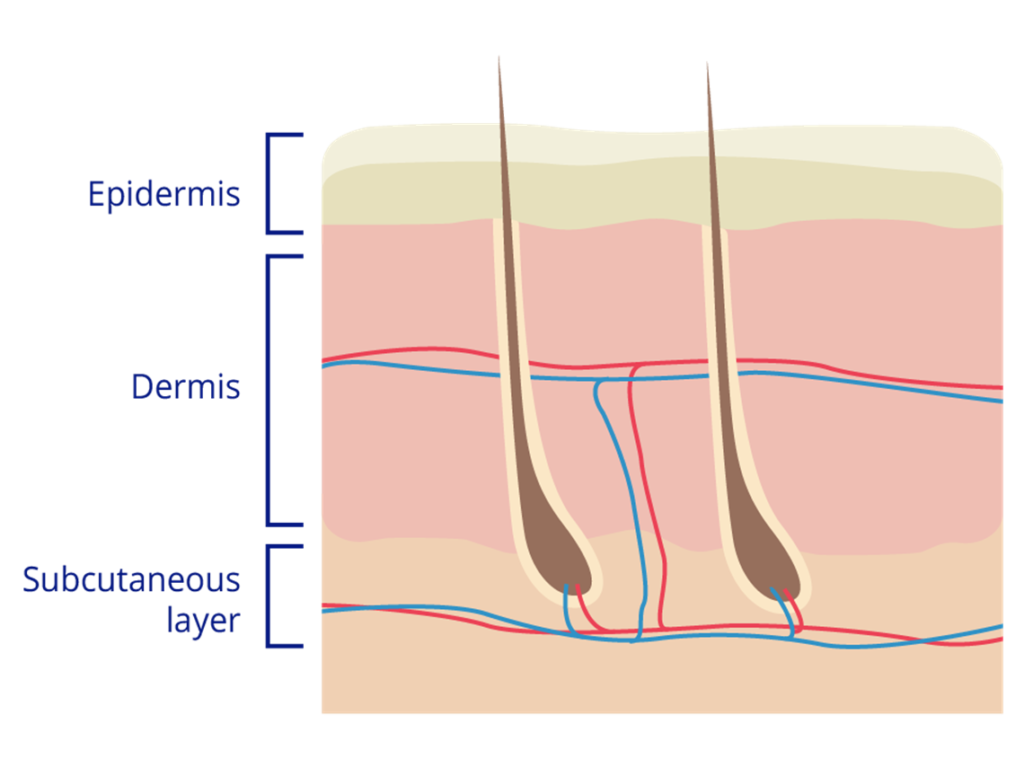
Skin is made of three layers that form a protective barrier between the body and the environment:
- The epidermis – your skin’s thin but tough outer layer
- The dermis – which contains tough connective tissue, hair follicles and sweat glands
- The subcutaneous layer – the deepest layer made from fat and connective tissue
Your epidermis is the outermost layer of your skin and plays a big part in keeping it healthy. The very top layer of the epidermis is the stratum corneum. It’s relatively waterproof and, when undamaged, acts as the barrier that prevents most bacteria, viruses and other foreign substances from entering the body. To maintain the stratum corneum, the body makes new skin cells in the lower levels of the epidermis, which move up through the stratum corneum over a period of 21–28 days. As these skin cells reach the top of the stratum corneum, they harden, die, then flake off and are replac by newer cells push up from below.
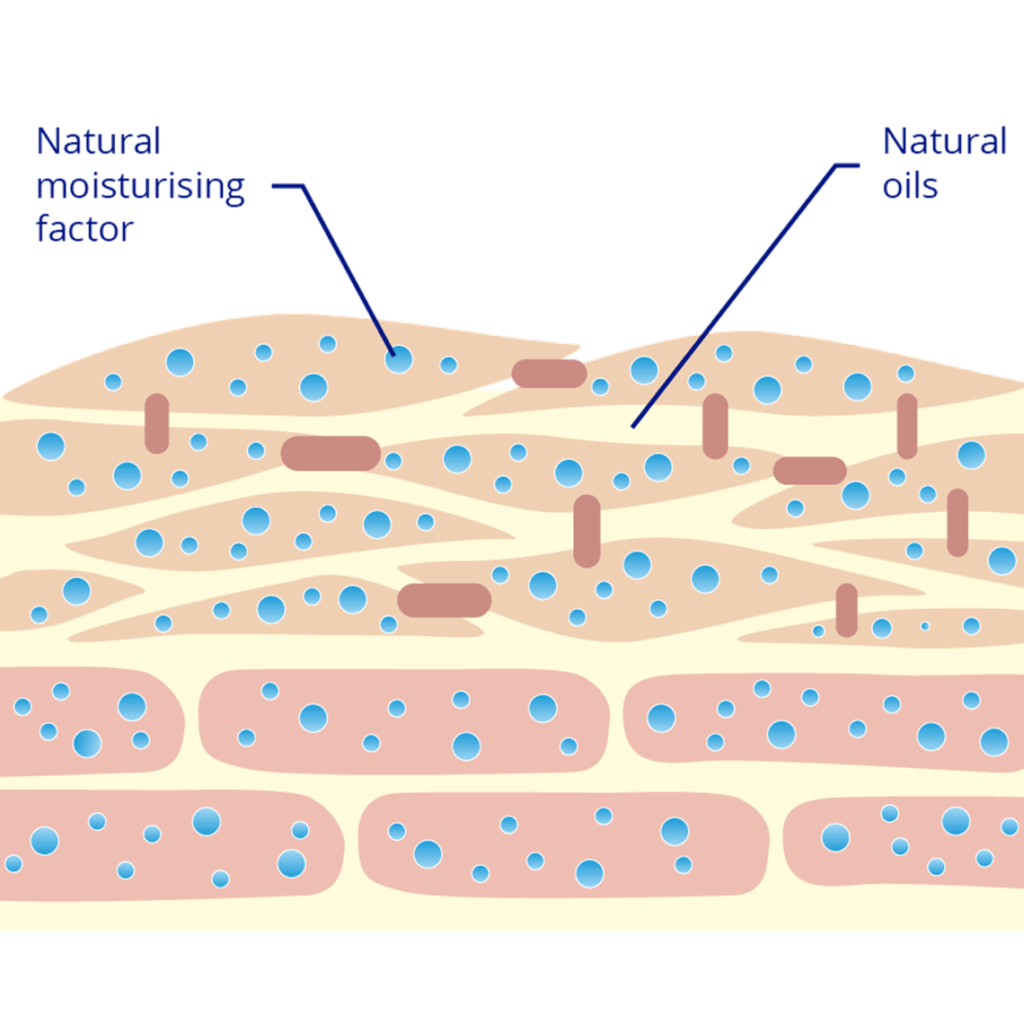
Healthy skin is like a cobbled path – the stones (skin cells) are held together snugly, with natural oils (lipids) filling the gaps between the cells. This forms the skin’s natural protection barrier keeping moisture in and irritants out.
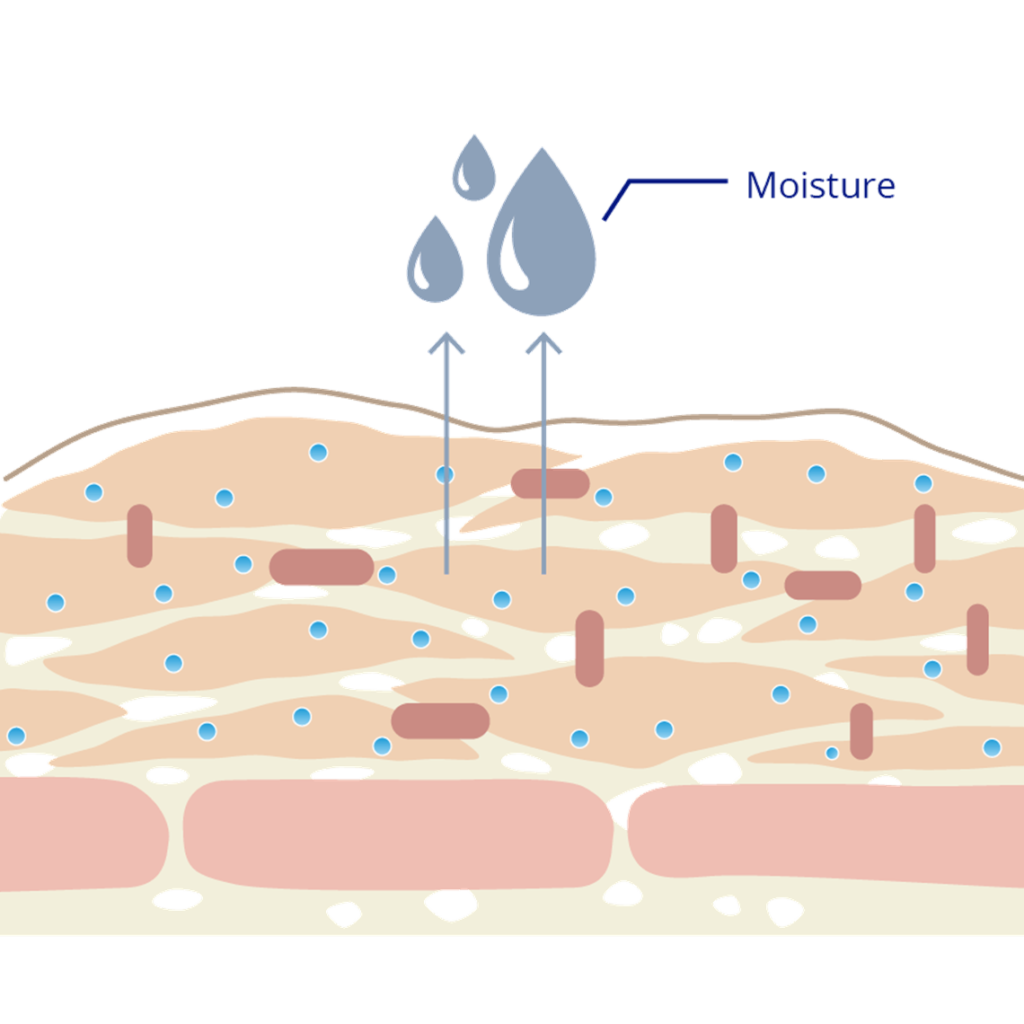
Dry skin is more like crazy-paving. The cells have less moisture in them or the lipids holding cells tightly together are lost or damaged. This weakens the skin’s barrier, so more moisture can get out, making it even drier.
When your skin’s protective barrier is weakened, it means more irritants can get in. If you keep scratching, it can cause further damage to the skin’s barrier, making it even drier over time.
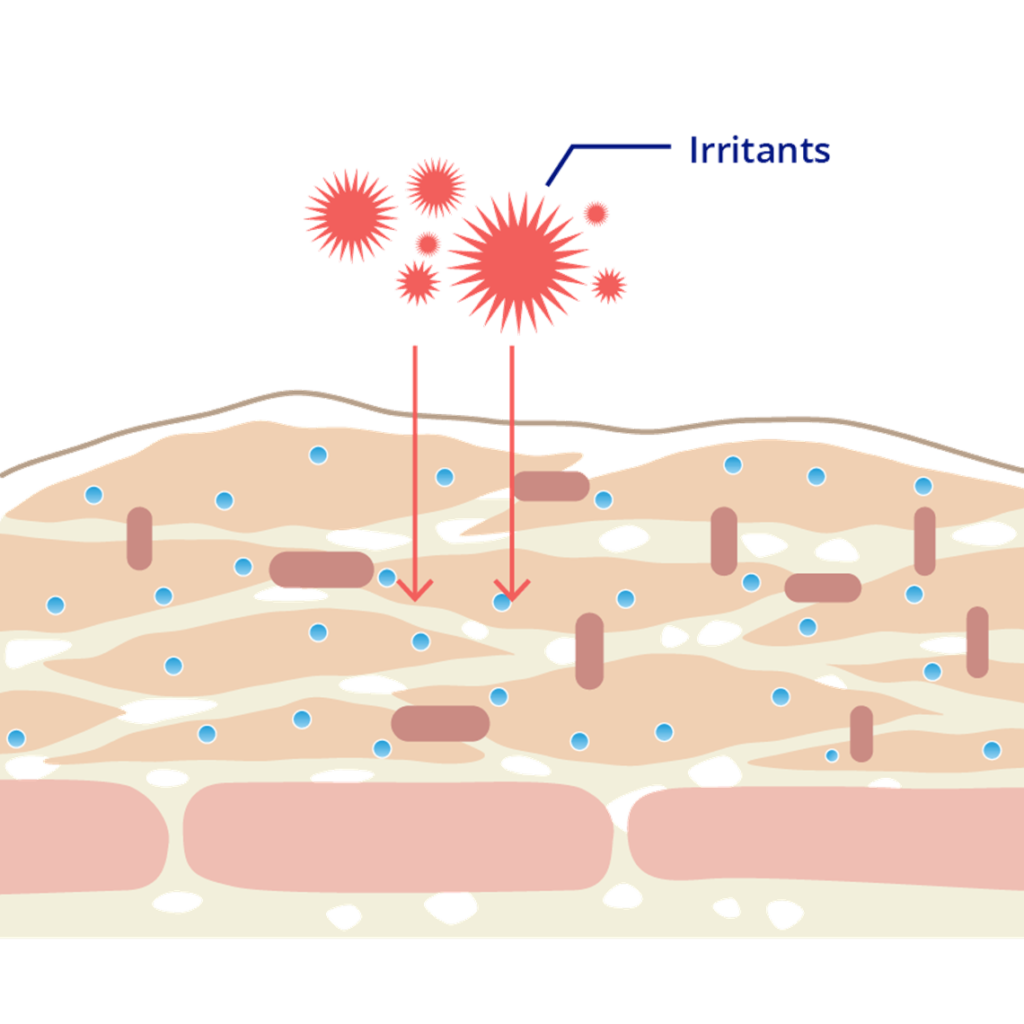
To help maintain the natural barrier of dry skin, you need to keep it hydrated and healthy. Actively moisturising your skin can help it retain more moisture by:
- Replenishing your skin’s natural oils (lipids) that can trap water in between your skin cells and prevent it from getting out
- Supporting the role of natural moisturising factor (NMF) by enhancing your skin’s ability to attract and hold on to water
- Maintaining your skin’s naturally acidic pH that can affect the function of its skin’s protective barrier
The dry skin cycle
You might have noticed that your skin feels different from day to day, week to week and year to year. Or that things like the weather, stress or humidity can affect your skin.
If you experience dry skin, it can be hard to predict how your skin will be feeling on any given day.
Many people find they can help to manage their skin by building a skincare routine that fits into their daily life.
Your skin goes through different phases at different times.
understanding how and why your skin becomes dry can help you adapt your routine to deal with any changes.
Flare up phase:
This is when the skin feels more red or scaly than usual. In this phase, your skin might need more attention and you might have to tailor your routine accordingly.
For more information.
You may also intrested in this ARTICLE too.

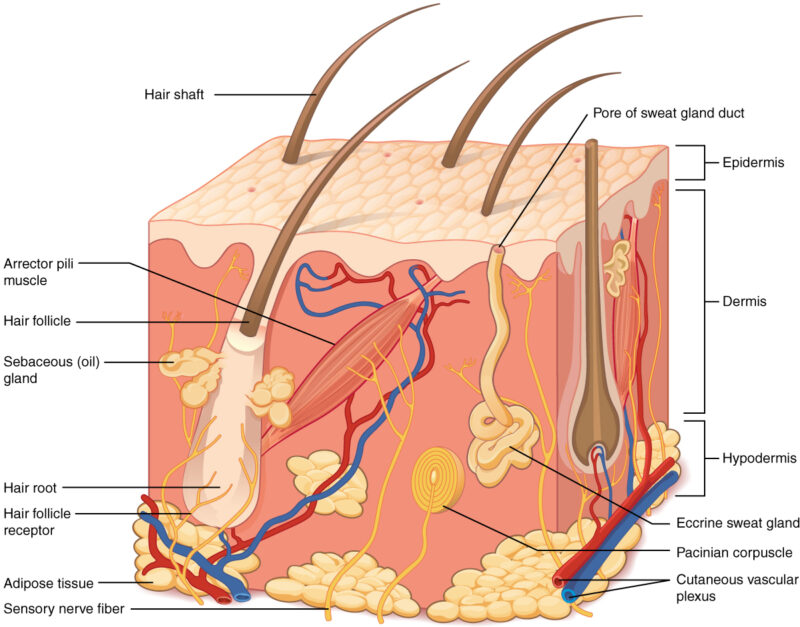



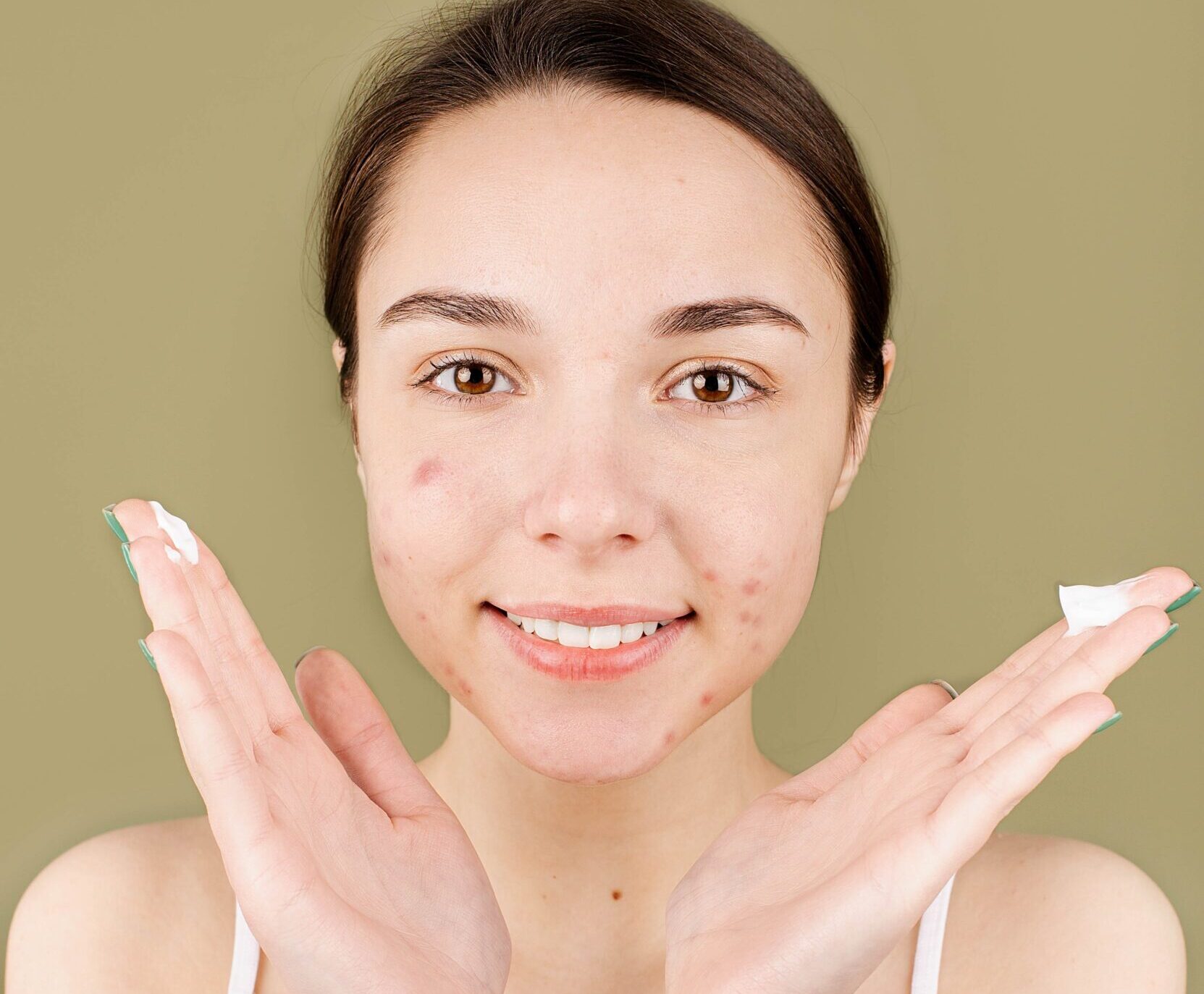



10 thoughts on “How skin works”
Hi colleagues, its great paragraph concerning teachingand entirely explained, keep it up all the time.
Sweet blog! I found it while surfing around on Yahoo News.
Do you have any suggestions on how to get listed in Yahoo News?
I’ve been trying for a while but I never seem to get there!
Thanks
constantly i used to read smaller articles or reviews which also clear their motive,
and that is also happening with this paragraph which I am reading at this place.
I was wondering if you ever thought of changing the page layout of your blog?
Its very well written; I love what youve got to say. But maybe you could
a little more in the way of content so people could connect with it better.
Youve got an awful lot of text for only having 1 or 2 images.
Maybe you could space it out better?
Having read this I believed it was really informative.
I appreciate you spending some time and energy
to put this information together. I once again find myself spending a lot of
time both reading and leaving comments. But so what,
it was still worthwhile!
I do not even understand how I finished up right here, but I
thought this put up used to be good. I do not recognise who you are however certainly you are going to a well-known blogger
should you are not already. Cheers!
Nice post. I learn something new and challenging on blogs
I stumbleupon every day. It’s always helpful to read articles from other
writers and use something from their web sites.
This article will help the internet viewers for building up new webpage or even a blog from start to end.
Hi there! This article could not be written any better!
Looking through this post reminds me of my previous
roommate! He continually kept preaching about this.
I am going to forward this post to him. Pretty sure he’ll have a great read.
Thank you for sharing!
Good post. I’m going through many of these issues as well..